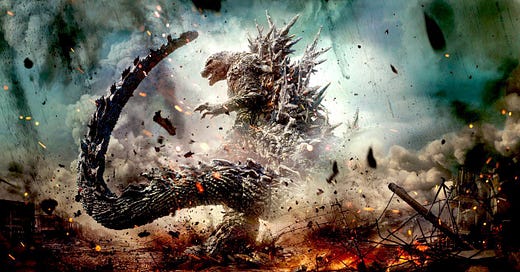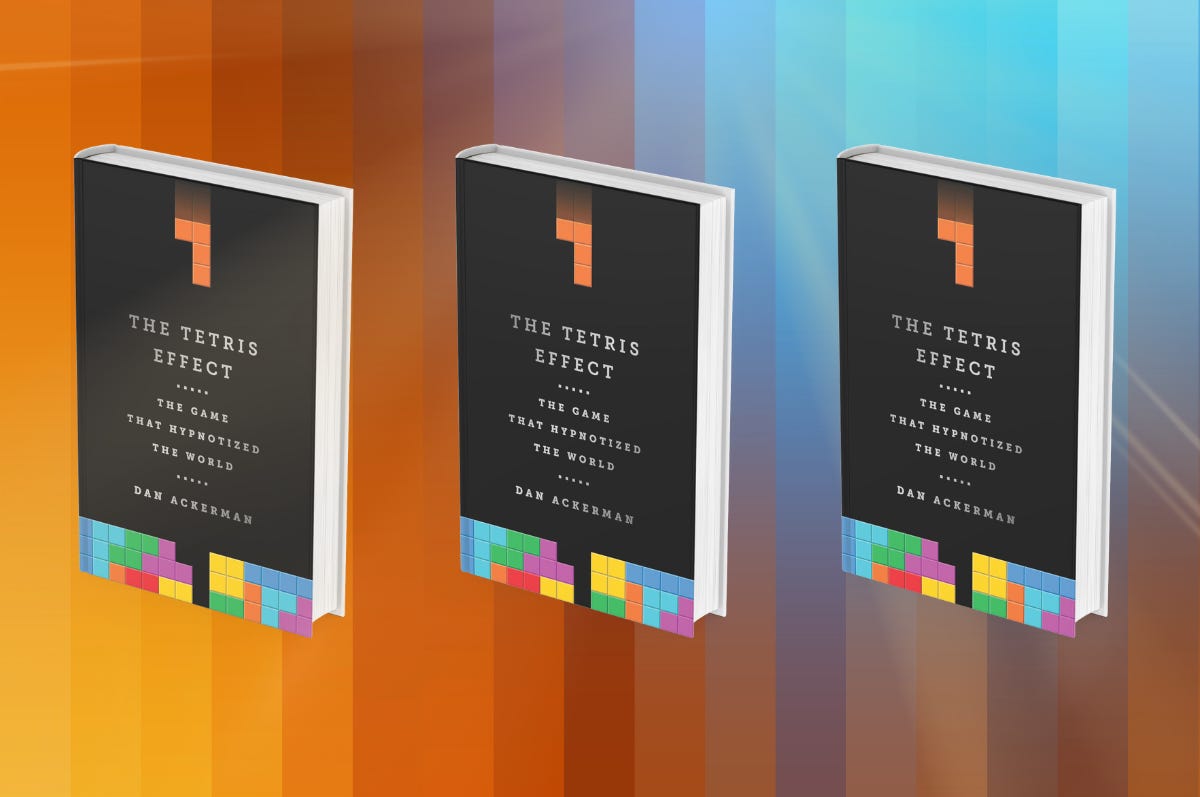It's hard to believe, but in just about one month I'll be heading to my 21st CES show. That's the trade show formerly known as the Consumer Electronics Show…and mostly still known as the Consumer Electronics Show.
Over all that time, vast changes to consumer technology moved like tectonic plates — too slowly for me to see in real-time, except for occasional bursts of kinetic energy when continents scraped against each other, kicking up new mountains. Pulling back to view two decades of my tech trade show timeline, a bigger picture emerges.
When I started attending CES, there was no iPhone. There was no Android. YouTube hadn't launched yet. Most people still had bulbous CRT TVs. But every year, there was a theme. One big topic everyone predicted would be the next big thing.
One year it's connected appliances. Another it's health-tracking wearables. Or robots. Or virtual reality, 5G or smart assistants. One year it was even 3DTV. Some years' themes were more prescient than others.
CES 2024's big theme is already evident. It's AI. And more importantly, AI built into hardware you'll carry around with you. Or at least have locally installed in your home or office PC. Because cloud-based AI, the kind used by chatGPT or Bard, is fine, but you can really only charge a subscription fee for that kind of virtual service. And you don't need a big, expensive trade show filled with endless rows of new tech hardware for that.
That said, hardware-based AI is going to be a much bigger thing in 2024 and beyond. Your iPhone is especially secure because so much of your data stays local (if you want it that way). Your corporate or personal AI might be privy to your deepest secrets or most sensitive information. Do you trust an easily tricked AI in the cloud to somehow keep that all compartmentalized? Or would you rather run your AI instance locally, on your own silicon, especially now that high-powered CPUs, GPUs and APUs can run such powerful software with ease?
Anyway, I'll be in Las Vegas for CES 2024, so hit me up if you want to talk about AI, hardware, etc.
Go, Go, Godzilla
I took my 12-year-old son to see his first subtitled foreign film in a movie theater this past weekend (much like my father took me to see Kurosawa's Seven Samurai as a teen).
In this case it was Toho's new Godzilla Minus One, which was both an epic man-vs-nature adventure and an intimate human story about post-war Japan. Currently sitting with a 97% Rotten Tomatoes score, it's a callback to the original 1954 film's nuclear metaphor (yes, the same year as Seven Samurai), but also a fresh take, even compared to 2016's Shin Godzilla, which was a basically a commentary on the Fukushima nuclear disaster and government bureaucracy.
Like Doctor Who, it's a franchise that can keep reinventing itself for modern audiences, retconning its canon on the fly (when it's not completely rebooting itself in almost every film).
Highly recommended, especially if you can see it on the big screen.
How to Build a $1,000 Gaming PC
About a thousand dollars is the sweet spot for a lot of computers. A MacBook Air is about $1,000, a decent budget gaming laptop can be found for about $1,000, and you can build a really good (and upgradable) gaming desktop for $1,000.
My new colleagues at Micro Center did just that, challenging themselves to build the best gaming rig for that price, starting with an AMD Ryzen 5 5600X and an Nvidia GeForce RTX 4060 (or you could also swap in an AMD RX 6800).
Follow along with the build in this video, or read my detailed breakdown of the components and major assembly steps below.
Subscribe to this newsletter for more: danackerman.substack.com. Tech Support with Dan Ackerman is a regular email series from veteran technology reporter Dan Ackerman where I share stories about how technology affects our everyday lives, plus interesting links and news.
Forward or share with your friends, or they can sign up here: danackerman.substack.com
See more at:
Web: danackerman.com
Twitter: twitter.com/danackerman
Threads: threads.net/@danack
TikTok: tiktok.com/@danacknyc
YouTube: youtube.com/danackerman
Instagram: https://instagram.com/danack
Bluesky: danackerman.bsky.social
LinkedIn: linkedin.com/in/danackerman
Gizmodo: gizmodo.com/author/danack
Plugs! Buy my book, The Tetris Effect!
“Upends the standard Silicon Valley, Steve Jobs/Mark Zuckerberg technology-creation myth...the story shines” — The New York TimesTechlandia is a modern dungeon crawl adventure where 1-4 heroic tech bloggers infiltrate the high-tech headquarters of the all-powerful Techlandia corporation. The goal: Stop the launch of a new smartphone that just might destroy the world...
“A fun mix of quirky social commentary and Lovecraftian horror.” — Gizmodo






